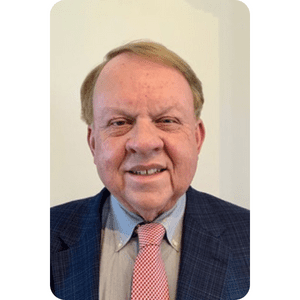This lecture examines white Christianity’s struggle for influence among slaveholders in Charleston and the surrounding South Carolina Lowcountry as the movement delineated both the ideological and the practical mechanisms that it believed necessary to sustain a slaveholding society in the face of increasingly sharp moral and social criticism, chiefly from outside the region. Religious paternalism’s struggle required providing enslaved Blacks with Biblical instruction, encouraging worship attendance among enslaved and free Blacks, and the inculcation of Christian moral values among the enslaved Black population. Additionally, the movement required the cultivation of a mindset among masters that encouraged better treatment of enslaved workers and their families and more assiduous attention to the Christian nurture of the enslaved and doing this within the context of maintaining a slaveholding society. This discussion chronicles the contentious history of Christian paternalism in the Lowcountry from its inception and concludes with a close examination of a bitter struggle at a critical moment when the paternalist movement, emboldened by growing success, confronted a tenacious rearguard opposition in the heart of a heavily Black-majority area in the Old South’s most confrontational proslavery state.
“A Soul of Priceless Value”: The Contested Ideology of Slaveholding in the Lowcountry
Presented by
